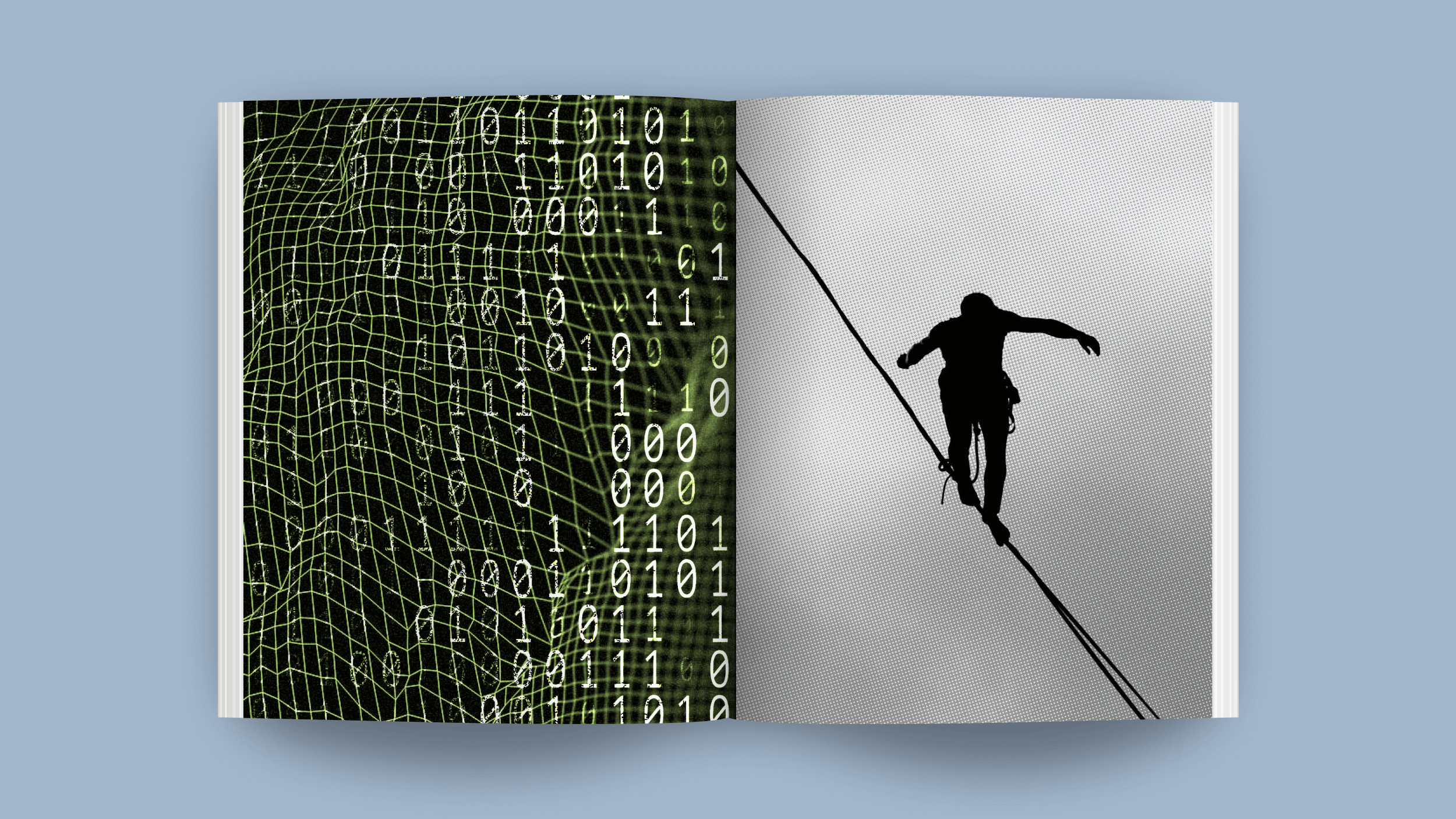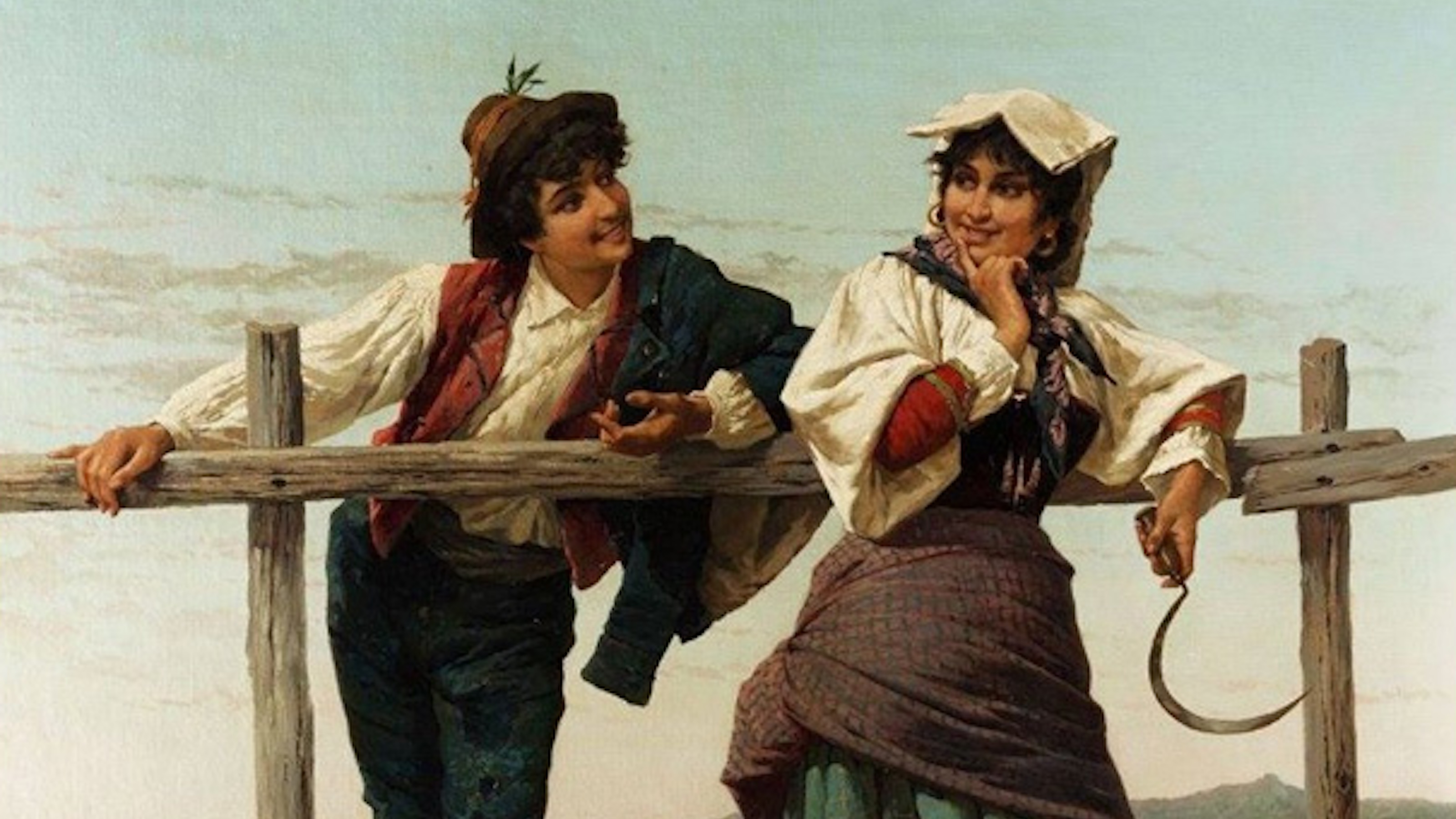“Nobody ever wrote sweeter poetry with a human voice” than the 16th and 17th-century poets.
Question: Which poets informed your poetry?
Robert Pinsky: William Carlos Williams was very important to me, as was Wallace Stevens. When I started reading poetry I started reading very, very voraciously and with not a lot of discrimination. So I might be reading Emily Dickinson and Allen Ginsberg at the same day, and was not particularly interested in Dickinson’s personality or the word beat or any of that. I was listening to what I was hearing and in the reading I was leaving something out, a lot of things out, concentrating very, very much on music. I was like some kid falling in love with sport or a musical instrument or a kind of animal, just everything about that thing. My teacher at Stanford after I went from Rutgers to Stanford, Ivor Winters, introduced me to the 16th century and the 17th century and people like George Gascoigne and *** Grivel and Walter Raleigh and Ben Jonson, and that is -- candy, that is ear candy. Nobody ever wrote sweeter English with a human voice than those people. So for sweetness, for kind of sugary quality, honey, the 16th century, and then Williams, Stevens, Ginsberg, Yeats was very important to me at one point.
Question: Can you recall some of those choice bits?
Robert Pinksy: Oh yeah, easy. This is Ben Jonson's "Excuse for Loving."
Let it not your wonder move,
Less your laughter, that I love.
Though I now write fifty years,
I have had, and have my peers;
Poets, though divine, are men:
Some have loved as old again.
And it is not always face,
Clothes, or fortune, wins the race;
Or the feature, or the youth:
But the language, and the truth,
With the ardor, and the passion,
Give the lover weight, and fashion.
If you then would hear the story,
First, prepare you to be sorry,
That you never knew till now,
Either whom to love, or how:
But be glad along with me,
When you learn that this is she,
Of whose beauty it was sung,
She shall make the old Man young,
Keep the middle age at stay,
And let nothing high decay;
Till she be the reason why,
All the world for Love may die.
He is speaking so naturally. So idiomatic. And as I love to point out he is doing it in the meter of "Twinkle Twinkle Little Star."
Recorded On: 3/25/08






